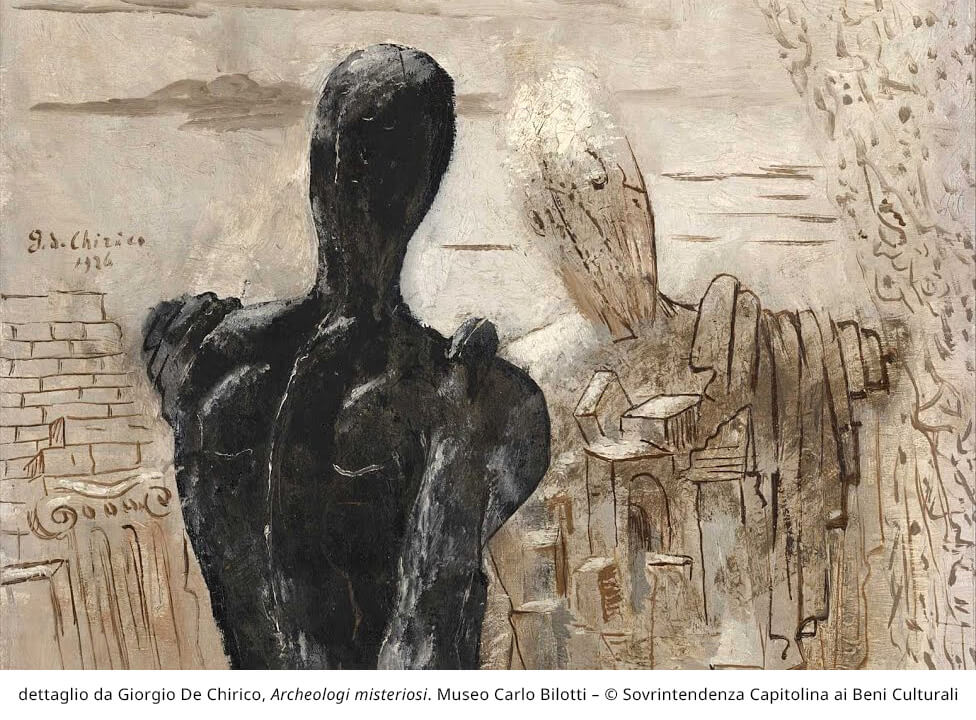From the “Right to the City” to the “Right to Mobility”. Suggestions for a Socio-Spatial Critique to the Definition of “a Tourist”
DOI:
https://doi.org/10.6092/issn.2035-7141/11997Keywords:
statistical definitions, other travellers, right to the city, right to mobility, VeniceAbstract
In this paper, we discuss the “right to mobility”. On one side, we look at the evolution of the debate within the so-called mobility studies, on the other we look at the so-called “right to the city” invoked by Henri Lefebvre (1968). With these references, we propose a critique to the common definition of “tourist” used in statistics. This definition is constructed in opposition to the one of “other travellers”. Our hypothesis is that statistical, normative and fiscal definitions, produce discourses that performatively act on places; in so doing, they contribute in limiting the access to the urban space to migrants, seasonal workers, students and a variety of other mobile identities. We then look at the archetypical city for overtourism: Venice. We juxtapose the construction of “mobility others” in tourism statistics with the so called “landing fee” approved, but not applied yet, by Venice City Council in 2018. Consequently, we show how the debate that has followed the proposal for the fee constitutes an impasse towards a “right to the city” intersecting a “right to mobility”. In the end, we pinpoint for a couple of experiences of inclusive urban hospitality that are inclusive of diverse mobilities despite their difference.
Downloads
Published
Versions
- 2021-01-25 (2)
- 2020-12-30 (1)
How to Cite
Issue
Section
License
Copyright (c) 2020 Chiara Rabbiosi, Prosper Wanner

This work is licensed under a Creative Commons Attribution-ShareAlike 4.0 International License.





